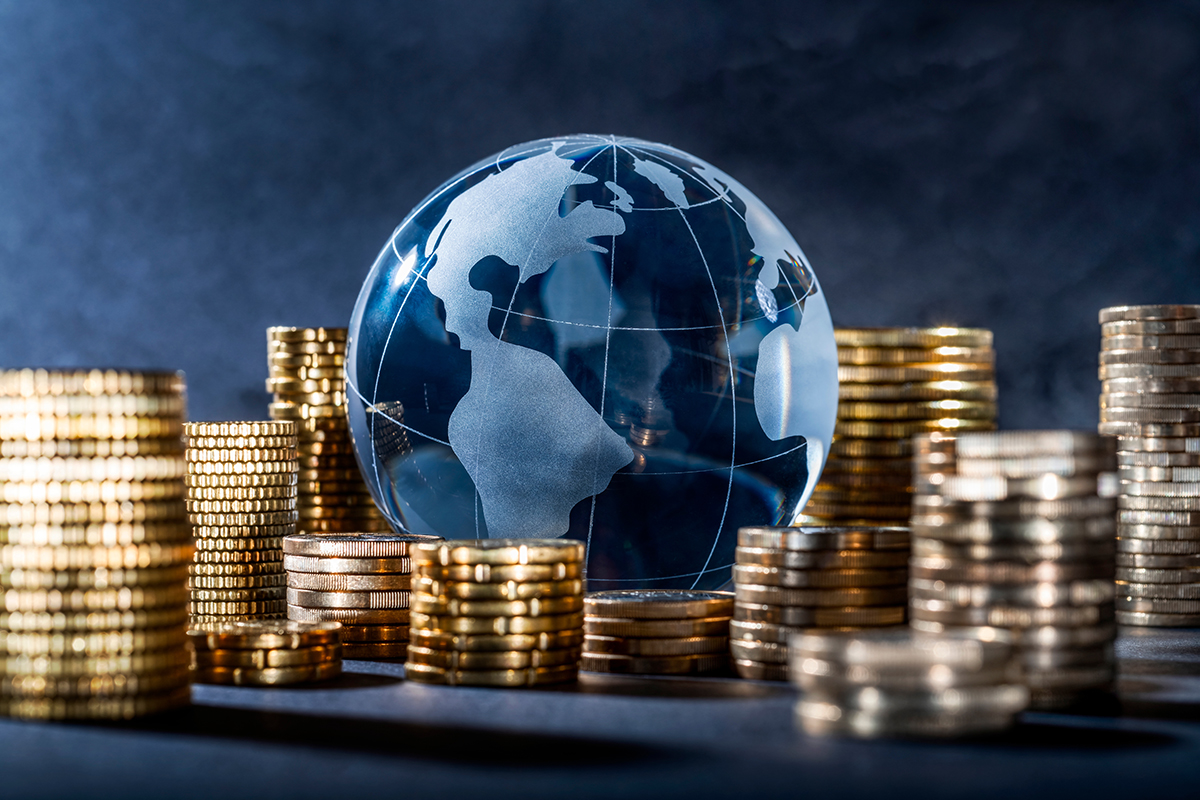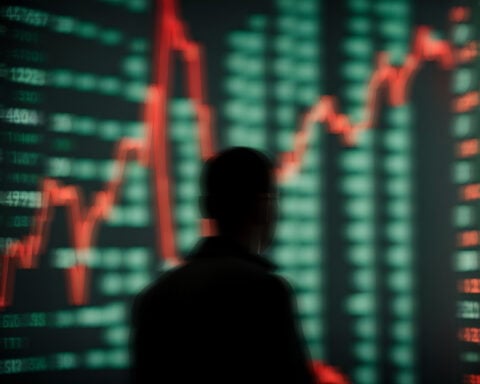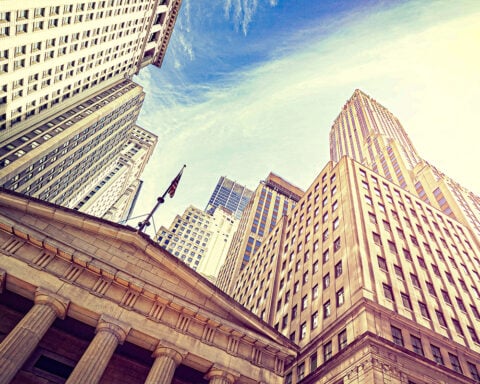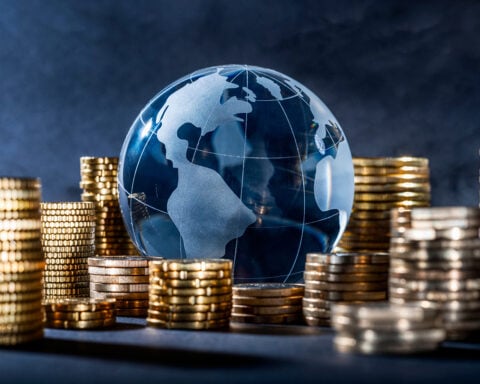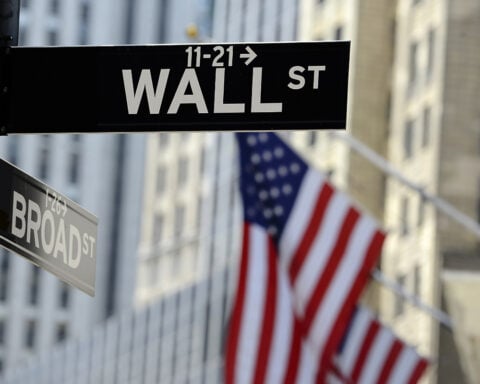Amidst the chatter of a potential soft landing for the global economy, experts are sounding the alarm about looming threats that could potentially destabilize the world stage.
While there’s been some initial optimism fueled by declining interest rates and soaring asset prices, concerns persist regarding the resilience of the global economic framework. Economists caution against premature celebrations, pointing to significant risks hovering over liberal democracy, capitalism, and environmental sustainability.
Kristalina Georgieva, Managing Director of the IMF, maintains a guarded optimism about what lies ahead. Yet, she doesn’t shy away from acknowledging the spectrum of potential outcomes, ranging from substantial boosts in living standards to more conservative growth patterns.
Inflation remains a stubborn issue, with worries looming over whether central banks might postpone rate cuts, potentially triggering turmoil in the stock markets. Recent signals from the United States indicate a hesitancy from the Federal Reserve to slash rates in the face of persistent inflation figures, causing jitters among investors.
China, a pivotal player in the global economic arena, grapples with its own hurdles, especially concerning its real estate sector. With property prices plummeting and developers grappling with financial strain, doubts arise about China’s growth trajectory and its ripple effects on global trade dynamics.
Geopolitical tensions add another layer of complexity to the global economic landscape. The ongoing strife in Ukraine, coupled with strained relationships among major powers, further clouds the outlook for international cooperation and stability.
However, the most immediate menace to the global economy remains the climate crisis. Experts caution that current economic paradigms, reliant on extensive supply chains and unsustainable practices, are increasingly unsustainable in the face of environmental repercussions.
James Meadway, an economist, emphasizes the imperative need for a paradigm shift away from exploitative practices toward sustainable solutions. The global economy stands at a pivotal juncture, with the looming specter of a harsh landing if substantial measures aren’t taken to address climate change.
Despite the hurdles, there’s still room for optimism. Georgieva envisions a 21st-century multilateralism marked by revived collaboration and advancements in tackling issues like global warming that transcend borders. She proposes that transformative policies, akin to those enacted after World War II, could pave the way for a more equitable and sustainable global economic framework.
Ultimately, the destiny of the global economy hangs precariously, with uncertainties aplenty. While there’s optimism for a brighter future characterized by cooperation and sustainability, the journey ahead is fraught with challenges that necessitate collective action to ensure a prosperous and stable tomorrow for all.


